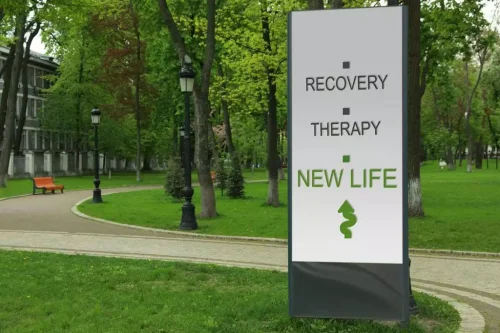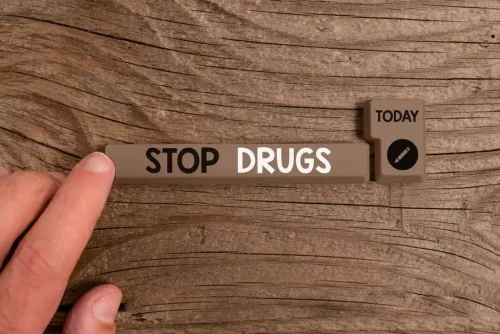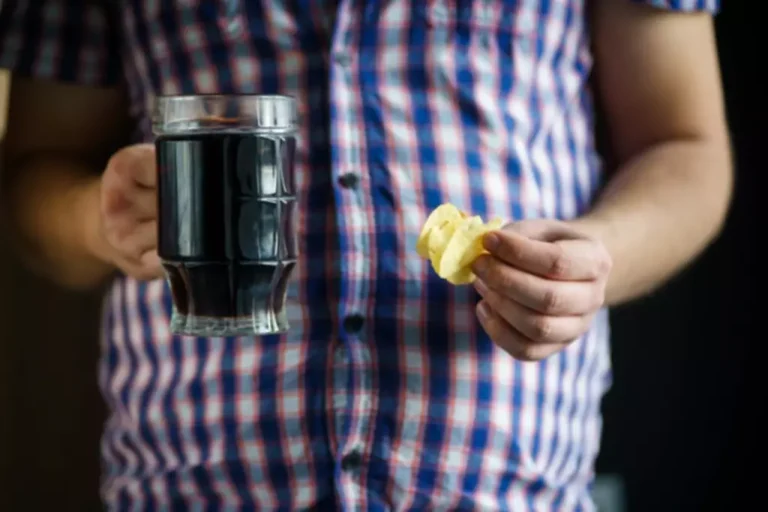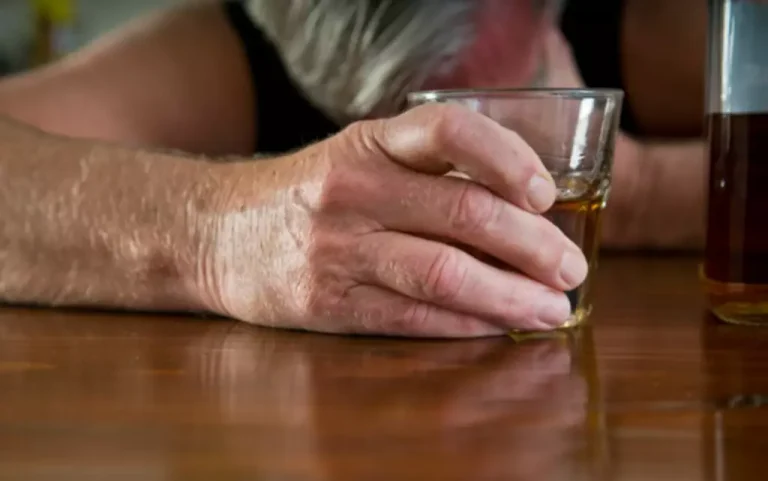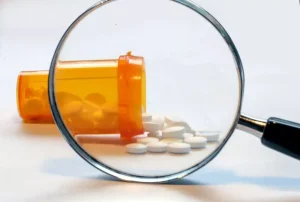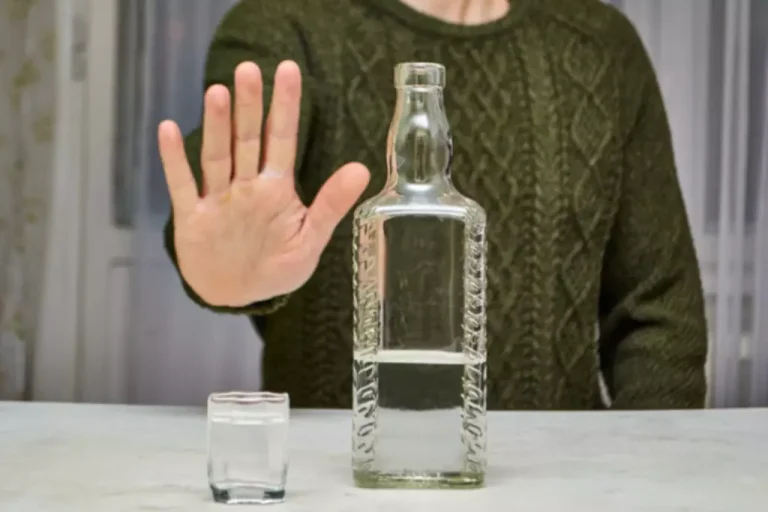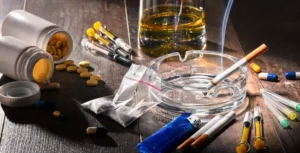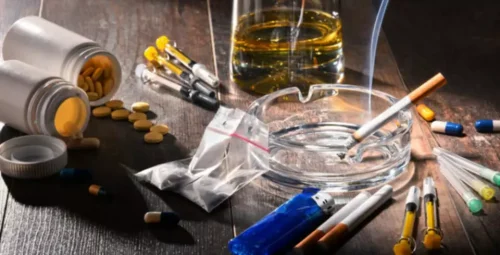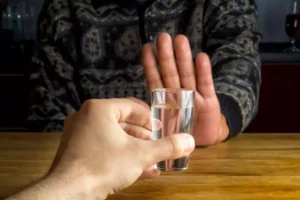If you want to improve your alcohol tolerance to enjoy it safely, you need to moderate several aspects of your life. Popular antihistamines like Benadryl can make you drowsy, which can be a dangerous combination 9 Best Online Sobriety Support Groups when mixed with a depressant like alcohol. There are several deaths tied to alcohol and antihistamine use every year.
More on Healthy Aging
Alcohol intolerance can be defined as experiencing unpleasant and uncomfortable symptoms after consuming alcohol. So your skin digestion, energy and body can run as beautifully as you are. You can use to jumpstart, improving everything from fluid retention, to sleep quality, to energy and pitting out. Yes, I know who you are and I feel you use sweaty girl, my neighbors who don’t sweat, that’s like worse than sweating all the time. So you can get the detox quiz, which will take you to the masterclass live for January 8th or the replay. If it’s after January 8th, by taking the detox email protected forward slash detox, or skip straight to the class in the show notes.
- Our bodies are full of enzymes, proteins that help break down food.
- This is most common in people of Asian descent but can be present in anyone.
- Similar to functional tolerance, as metabolic tolerance develops, a greater amount of alcohol is needed to experience the same effects as you experienced initially.
- This genetic deficiency results in decreased levels of aldehyde dehydrogenase, the enzyme that breaks acetaldehyde into non-toxic chemicals.
Alcohol intolerance is caused by a genetic condition in which the body can’t break down alcohol efficiently. The only way to prevent these uncomfortable reactions is to avoid alcohol. And adding more to the pile adds stress and issues with energy for a more comprehensive checklist, see episode a hundred of this podcast, the less stressed life podcast. Testing can be underwhelming or it’s an offshoot of a specific area of detoxification.
Can You Develop Alcohol Intolerance After COVID-19?
Mere exposure to your skin could be enough to trigger a reaction. Mansour says that a migraine can result when your body releases histamines to deal with your alcohol intolerance. A migraine is different than a headache in that it involves different neurological pathways, per Penn Medicine, and may also make you feel nauseated, tired, or extra sensitive to light, sounds, or smells.
Since we’re talking about poor elimination, not having a bowel movement. Unfortunately, the only treatment for alcohol intolerance is avoiding alcohol. No drug will help you avoid the symptoms of alcohol intolerance or lessen your cancer risk. If a person develops a mild intolerance to alcohol or an ingredient in beverages, they may be able to manage it themselves simply by avoiding or limiting alcohol or certain drinks.
Often drinks containing a higher content of pure alcohol, such as gin or vodka, have fewer congeners compared to drinks with less pure alcohol, such as red wine or whiskey. If you’re concerned about your physical well-being, consider visiting a health care provider to discuss what steps you can take to prevent this sickness in the future. It’s also possible that your alcohol-induced nausea is a gastrointestinal issue. Alcohol irritates the lining of the stomach and intestines and slows digestion, which increases fats in the liver and stomach and secretions from the pancreas. Over time, if continued alcohol consumption causes enough damage to the stomach lining, it can result in the development of a condition called alcoholic gastritis.
Enjoy drinking again and get Sunset Alcohol Flush Support for33% off while stocks last!
If you’re experiencing similar changes after starting a new medication, it might be time to have a chat with your doctor or pharmacist. There’s growing evidence that it may be a unique symptom of long COVID, particularly the post-viral fatigue syndrome (PVFS) type. While not widely recognized as a symptom of long COVID due to limited research, alcohol intolerance has been reported by some individuals. The liver processes everything we consume, including alcohol, so when the organ is injured or weakened in any way, it becomes vulnerable to further injury when exposed to toxins, like alcohol, Komaroff said. Nearly three years later, Stein still cannot drink alcohol of any kind. Most medications and alcohol don’t interact well with each other.
All of these symptoms are your body’s way of telling you that something has changed. Recognising them is the first step in figuring out what’s causing the sudden intolerance and how you can manage it moving forward. If you’re interested, we go into further detail about these symptoms in our more general article about alcohol intolerance. While research on post-COVID alcohol intolerance is still limited, anecdotal evidence suggests that it’s a symptom experienced by many people following the virus. Some evidence suggests that post-COVID-19 fatigue syndrome may share characteristics with ME/CFS, a condition where approximately 4 out of 5 people exhibit alcohol intolerance.
Alcohol intolerance can result from a genetic condition where the body cannot break down alcohol to digest it correctly. This condition is usually genetic and is common in people of Asian descent. Moreover, if a person has a serious reaction after drinking alcohol, they should consult a doctor sooner to determine what may be causing their symptoms.
Metabolic tolerance
As Healthline reports, histamines are compounds that regulate physiological functions, make your blood vessels swell, your nose run, and your eyeballs itch. Previous studies have linked red wine with histamine intolerance, which might be what’s happening if you get cold-like symptoms from sipping on a cabernet. Most of us have learned by now that those couple extra beers don’t come without consequences. But what if you don’t drink too much, and still tend to feel sick every time you imbibe? There’s a chance that you might be missing the signs that you have an alcohol intolerance.
People of East Asian descent are more likely to have these specific gene variants, which leads to greater alcohol intolerance in their population. It’s possible this is why traditional fermented beverages in these regions have a lower alcohol percentage than the typical drinks you find in a bar. While nobody feels great after having one too many drinks, somebody with an alcohol intolerance may feel sick right away. “The first sign of alcohol intolerance is usually the general feeling of malaise and discomfort or not feeling well from as little as one drink,” Mansour says.


